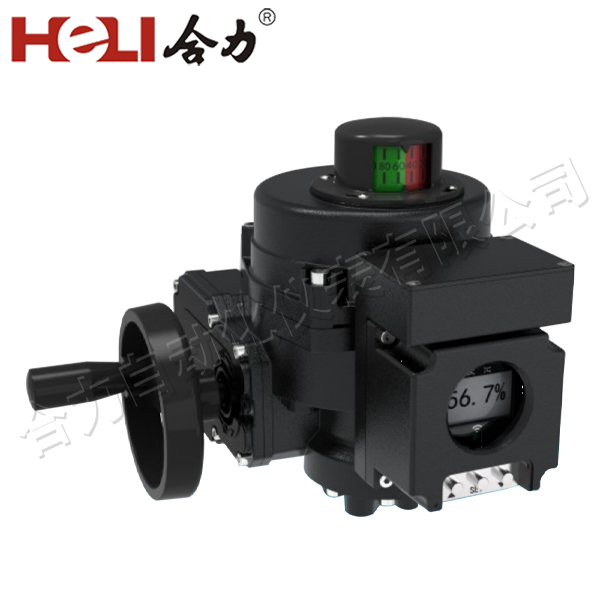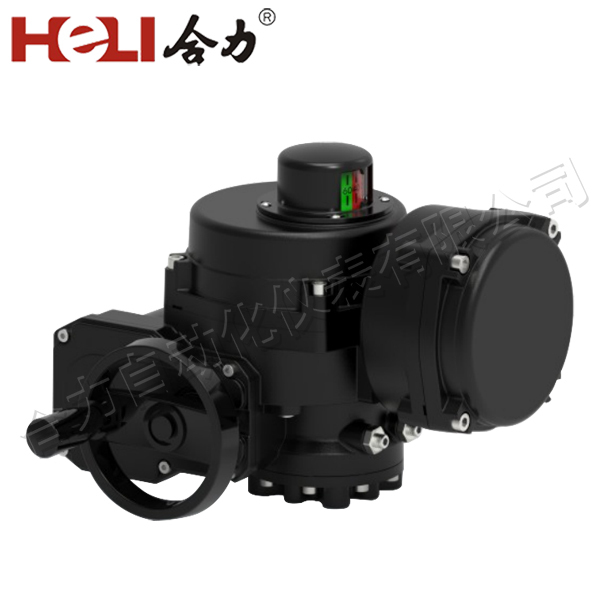
Hydrogen energy has been gaining significant attention in recent years as a promising alternative to traditional fossil fuels. Among the various applications of hydrogen technology, one of the most innovative and impactful developments is the Hydrogen Energy Electric Actuator. These actuators leverage hydrogen as an energy source to drive electric motors, creating a highly efficient, clean, and environmentally friendly solution for a wide range of industrial and commercial applications. In this article, we will explore the fundamental principles, benefits, and potential applications of hydrogen energy electric actuators, and how they are shaping the future of automation and energy systems.

What is a Hydrogen Energy Electric Actuator?
A Hydrogen Energy Electric Actuator is a mechanical device that converts hydrogen energy into electrical power, which is then used to drive motors or other mechanical components. These actuators combine hydrogen fuel cell technology with electric actuator systems to achieve a clean and efficient means of operation. Typically, hydrogen is stored in tanks and fed into a fuel cell, where it reacts with oxygen to produce electricity and water vapor as the only byproduct. This electricity is then used to power electric motors, which perform mechanical tasks such as opening valves, adjusting machinery, or operating robotic systems.
